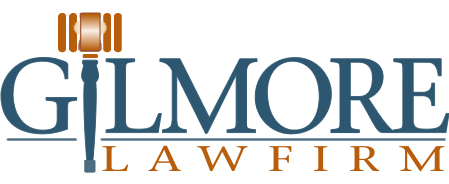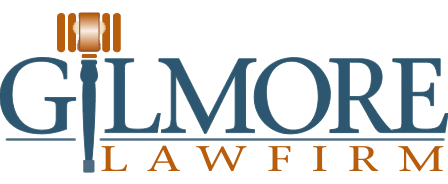Be Careful Giving Statements to Insurance Companies
Through years of representing people whose claims have been denied by insurance companies, I’ve noticed that one step in the process often turns against the consumer, the injured party, or the insured: the use of the recorded statement by the insurance company.
You have to keep in mind that no matter what they say or promise, insurance company employees, well meaning as they may be, don’t have your best interests at heart. They work for the insurance company, must answer to their supervisors and the company’s shareholders, and are often measured according to the amount of claims paid. That’s why the recorded statement, taken long before you think you need a lawyer to pursue your claim, can come back to bite you later on. Here is how:
When you are in a car wreck, make a health or life insurance claim, or have a property loss (as in from a fire or storm damage), the insurance company will usually make an initial call to feel you out and gather some preliminary information. They will do their very best to be friendly and put you at ease. Their goal is to get you talking. All this seems harmless enough, and often it is.
The next step in the process can be a recorded statement from the consumer, injured party, or the insured. In fact, one thing that most people overlook is that every single call to an insurance company is usually recorded. During that recorded statement, in most instances, the insurance company is simply trying to gather information to document the claim so they can pay it, but in many cases, they are purposefully using the recorded statement to dig up information so that they can deny the claim.
For example, in car wreck claims, they will try to find information showing that you are at fault or try to prove that you are exaggerating your injuries or not actually hurt. In health and life insurance claims, the insurance company will try to prove that you have a pre-existing condition or that you made a mistake on your insurance application. Similarly, in property loss claims, they may use the statement to try to prove that you are at fault or that your insurance application has some error in it.
During the interview, the injured person or insured has no idea about the various legal grounds on which the insurance company could deny the claim. This can lead to a biased cross-examination of the injured person or the insured. No one is present to protect the insured or injured person, and the insurance company has a free shot to skew answers by asking biased questions in its favor. In short, the insurance company knows all the rules, and you don’t.
I am not trying to bash all insurance companies or claim that all of them are anti-consumer. What I am saying is that human nature, and the job their employees are required to perform, makes this more of an adversarial process than one might think. This is why I usually tell people after they come see me that if they are contacted by someone investigating their claim, they should refer them to me so I can provide the requested information. That way, we can be cooperative, and at the same time make sure that you are treated fairly, which is really how the system ought to work – a level playing field for all involved.


